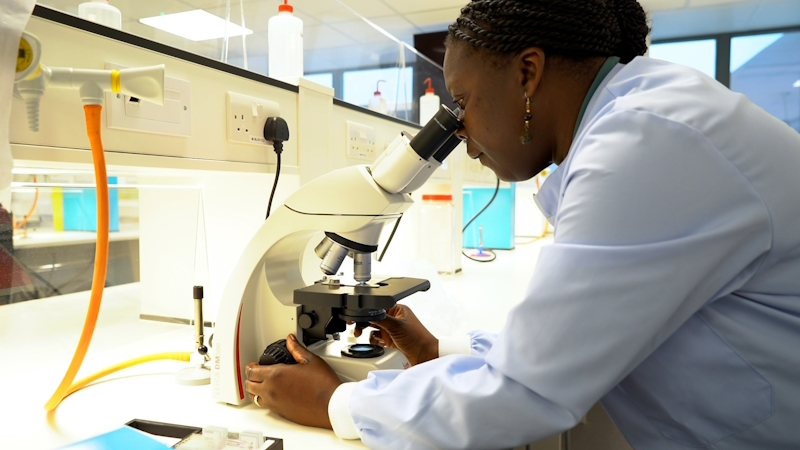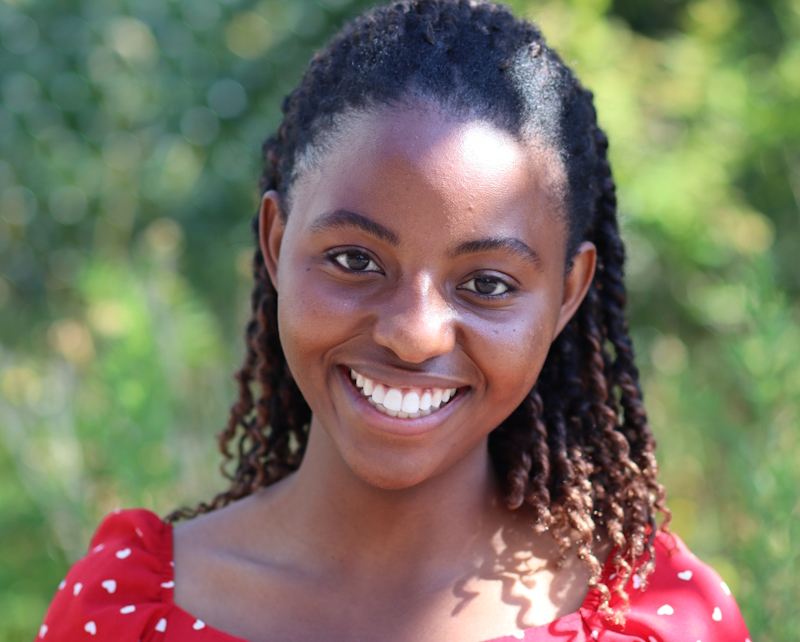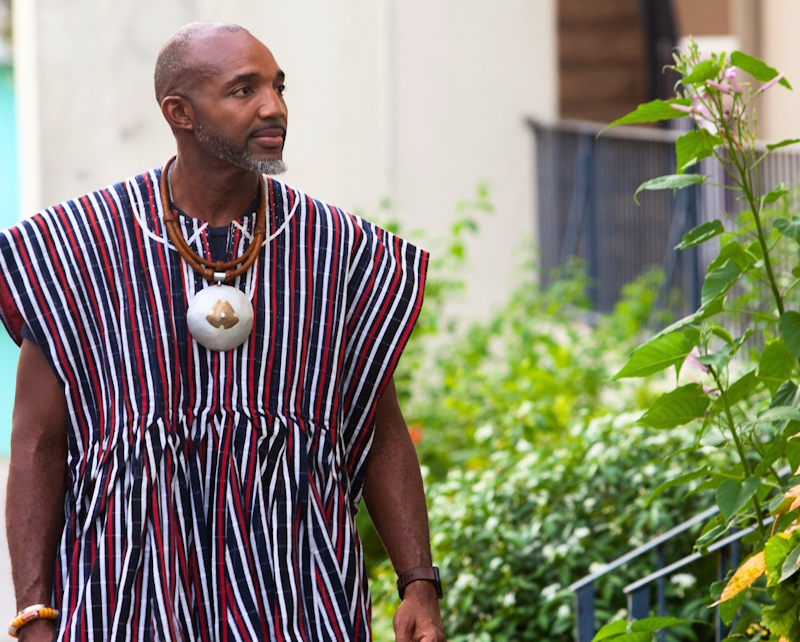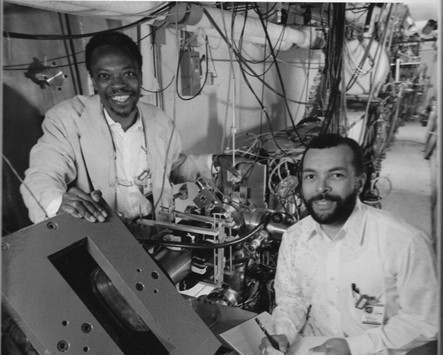September this year saw Professor Bernadine Idowu’s illustrious career rocket to new heights by her recognition as newly minted Professor of Biomedical Sciences at the University of West London. What’s special about her appointment is that this makes her only the 73rd black female professor in the UK.

For context, according to the Higher Education Statistics Agency (HESA), for the 2022/23 academic year there were 24,430 people employed as professor. While the data for the past academic year isn’t yet available, using the current HESA data set reveals that Professor Idowu’s promotion still has black professors make up less than 1% of the UK’s academic professorship. In her own words she’s “a King’s babe!” She was born at King’s College Hospital in London and she studied biochemistry there as an undergraduate. After that, she obtained her first postdoctoral position at King’s as a research scientist after finishing her PhD at Queen Mary University of London and even got married in the Guys’ Campus chapel!
As early as her undergraduate days, Professor Idowu noticed there was something different about herself among her academic peers. She remembers that she was only one of six black people on the entire biochemistry course. Those five other black students became an integral support network to her throughout her studies and attuned her early on to the importance of having other people to lean on during the hard work of undertaking a degree – and this is something she feels other students could benefit from. Idowu says that through everything “we had each other.” In hindsight, she wishes there was some kind of formalised peer mentoring scheme available to her at the time. Long after her undergraduate days, in 2023, this same zeal to see other black undergraduates well supported by their peers ignited her development of the “Black in Biomed” initiative – a conference for black undergraduate students in biomedical research, which has been running for two years now.
After finding success as an undergraduate she went on to work as a lab research assistant and it was during this time she found a similar trend – she couldn’t see “anyone that looked like her.” But this research experience was pivotal for another reason – it was the first time, that she was made aware of the possibility of studying for a doctoral degree. Professor Idowu remarked, “no one encouraged me to apply for a PhD, so I thought it wasn’t for people that looked like me.” It was only by being surrounded by lots of scientists that were doing their PhD or had already obtained PhDs that she realised that this could be a viable option for her career progression too. She thought, “...if these people [I work with] can do a PhD, then so can I!”
After the completion of her PhD, Idowu fell in love with teaching and worked hard at becoming a better qualified lecturer within the biomedical sciences field. Her first postdoctoral role at King’s College saw her take on a project to tackle disorders that affect the production of haemoglobin in the blood (ß-thalassemia disorder) while allowing her to teach undergraduates. After 20 months, she realised that through her time teaching a much-needed change was required to diversify the biomedical degrees she taught on. She shared her thoughts on equality, diversity, and inclusion with the then Principal of King’s College Sir Ed Byrne – he was emboldened by her vision, and she was sworn in to lead on projects relating to the race equality charter within the Diversity and Inclusion central team. During this role she initiated projects that aimed to address specific issues that affected students and staff from ethnic minority backgrounds in academia.
Fast forward to her first full time Senior Lectureship at the University of West London, Professor Idowu was invited to join the advisory board for the new School of Biomedical Sciences courtesy of Professor Anthony Woodman, Provost and Senior Deputy Vice-Chancellor. Her role was to co-create the new curricula for the biomedical science and pharmacology degrees, another role where she was not just the only woman but also the only black person at the discussion table. She is also Course Leader for the University of West London’s Biomedical Science degree. While Professor Idowu has been on a journey of over 20 years from her first postdoctoral job to full Professor, including her transition from bench side scientist to education lead, she remains passionate about diversifying the biomedical science field. Her vision: “I want to give [my] young people hope!”
This post has been written as part of the Reclaiming narratives: ScienceWrite blog series which highlights the lives and achievements of extraordinary scientists from minoritised groups.






